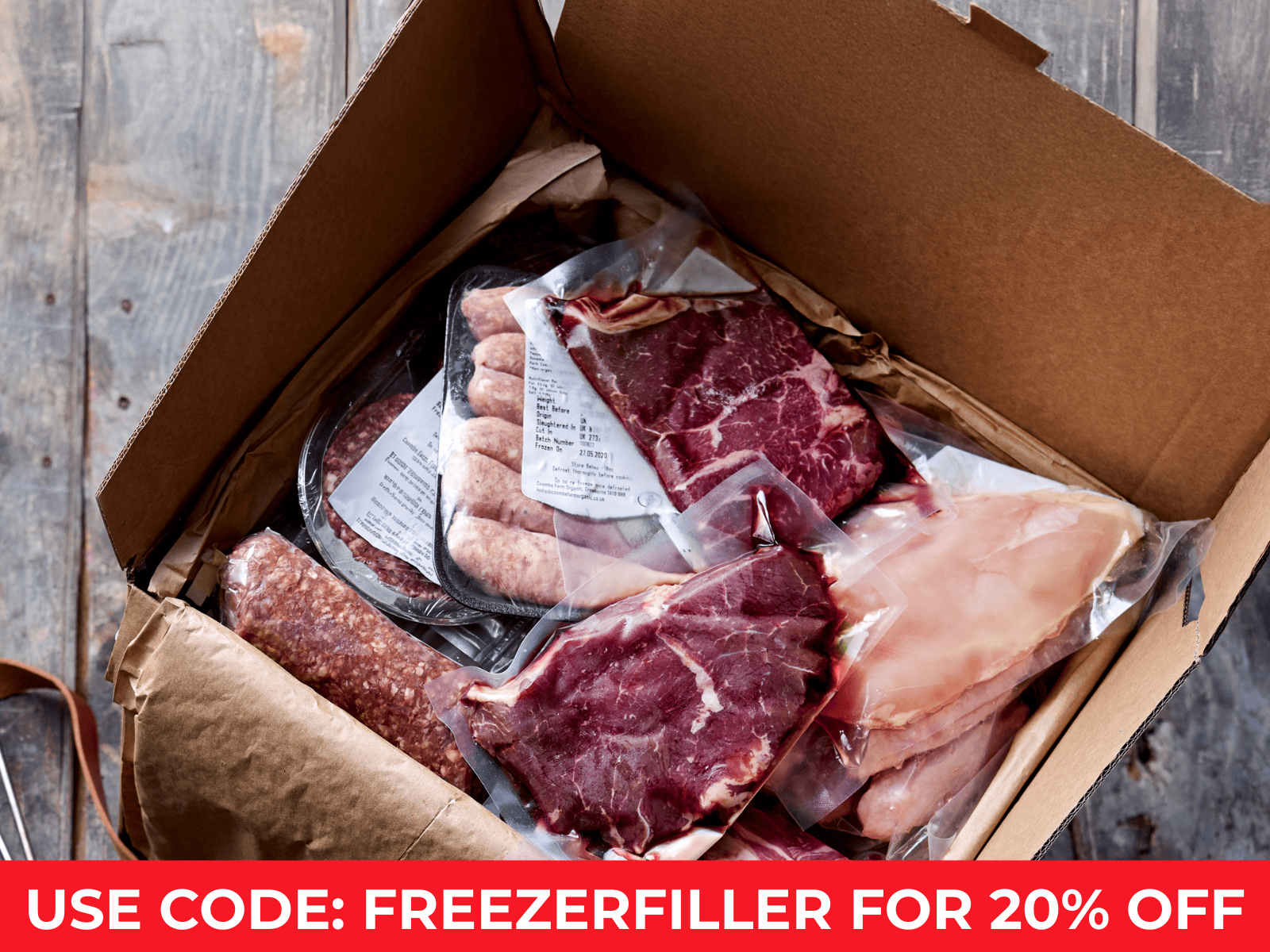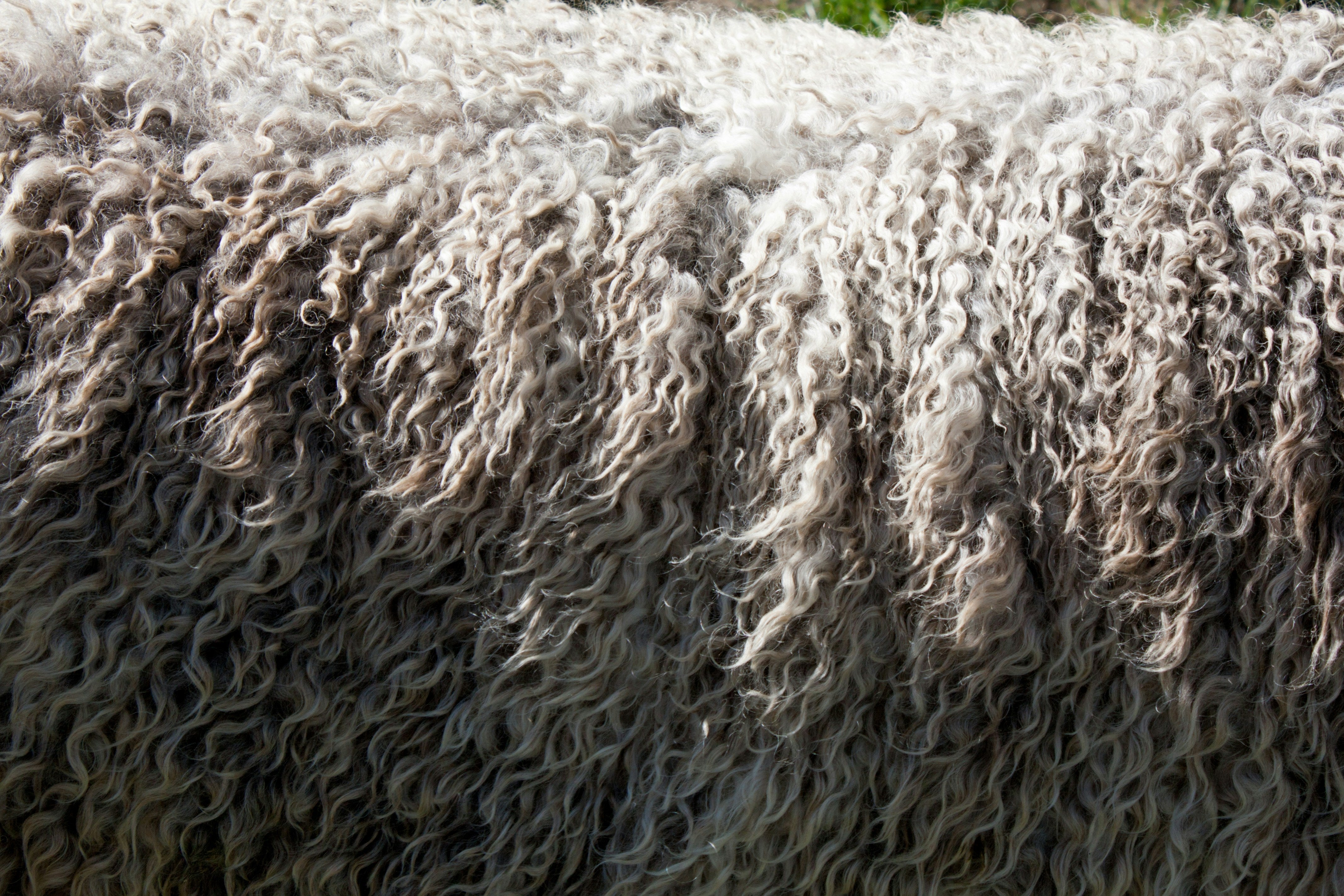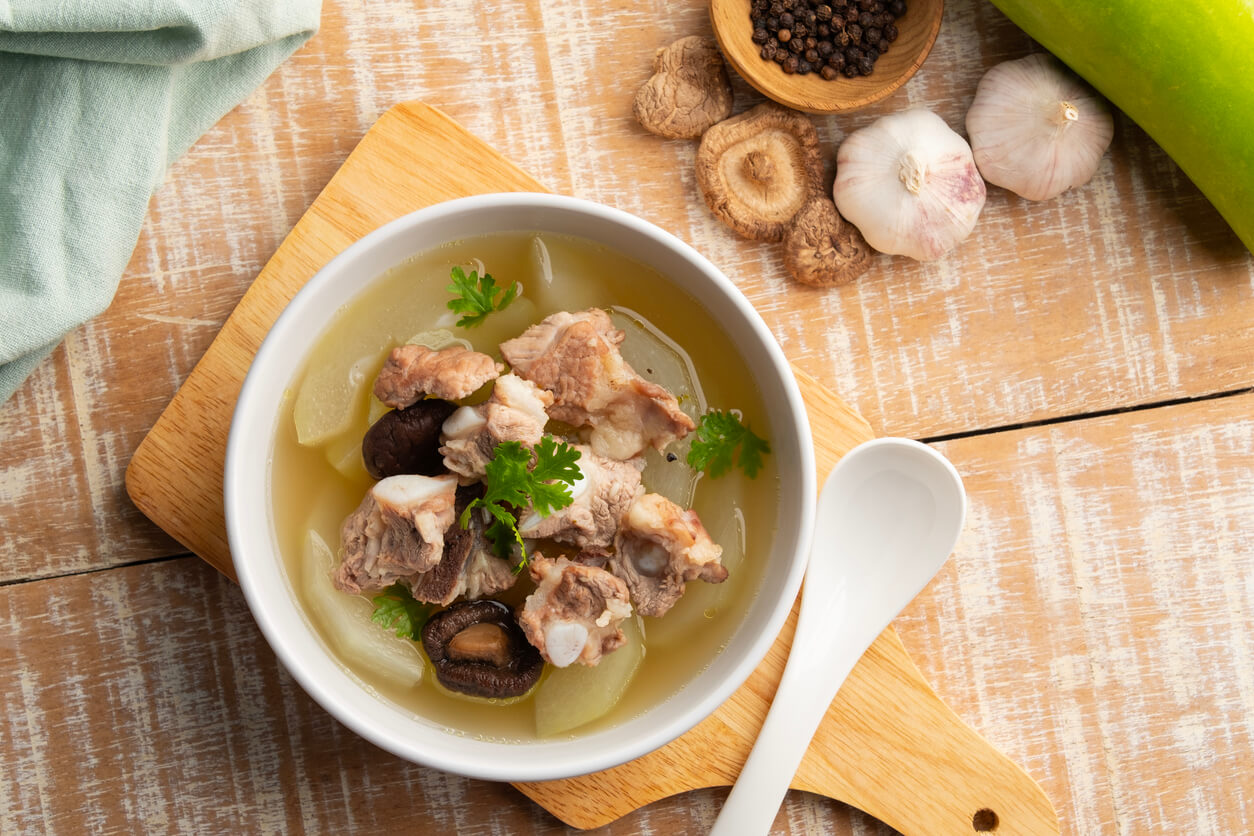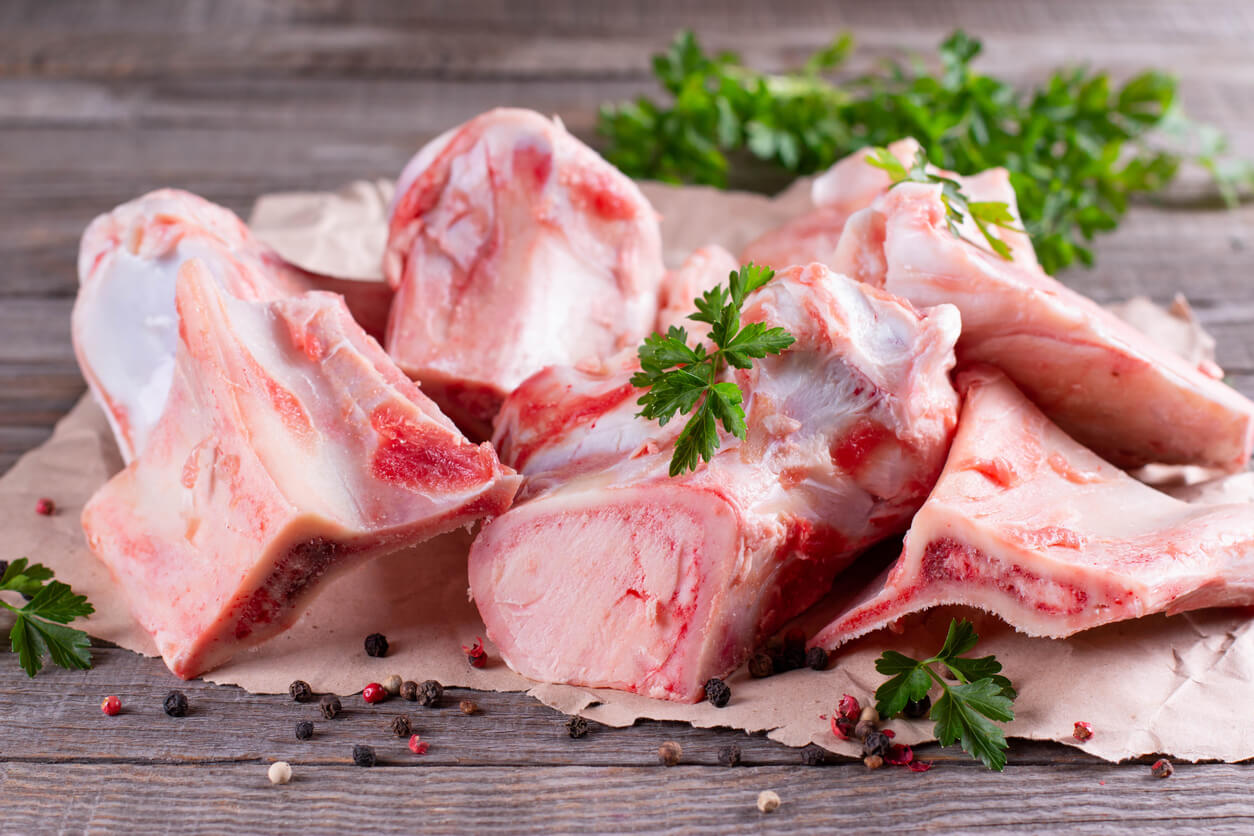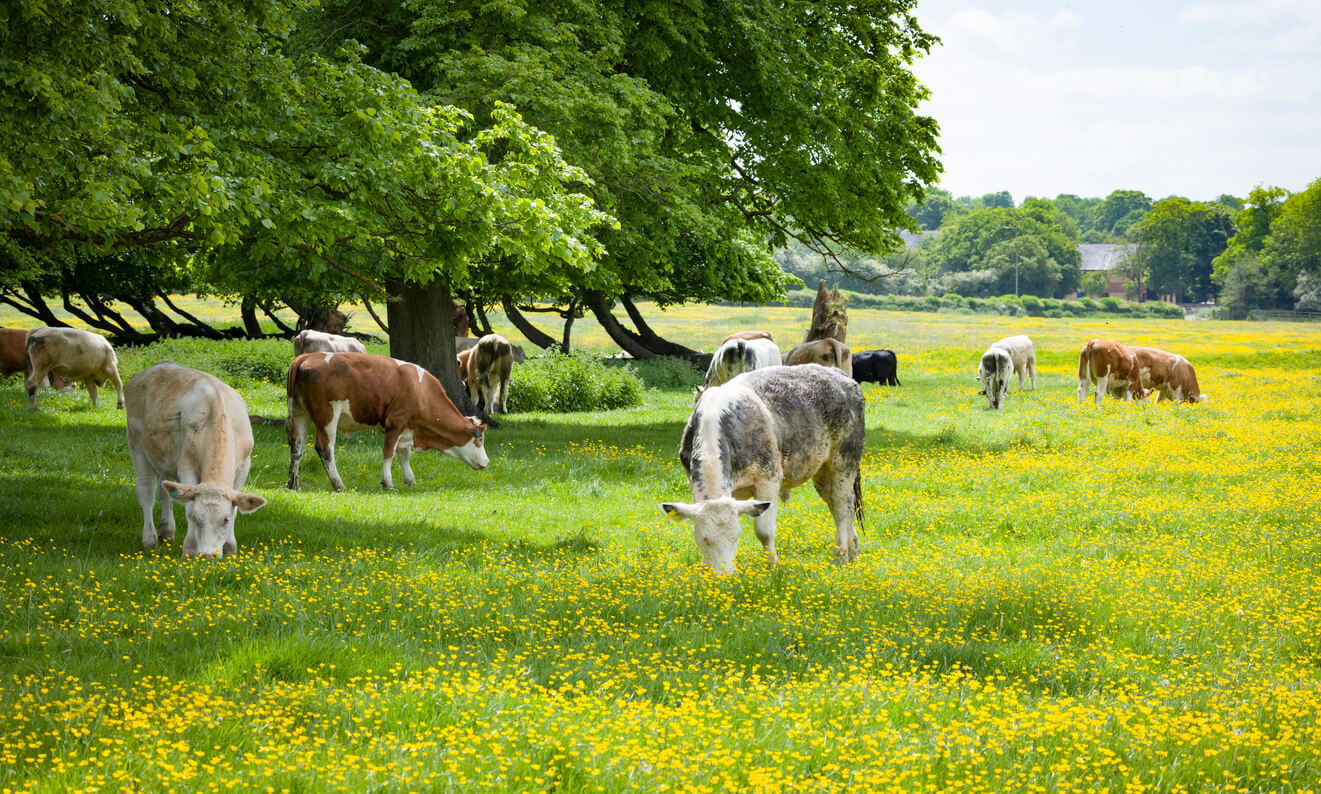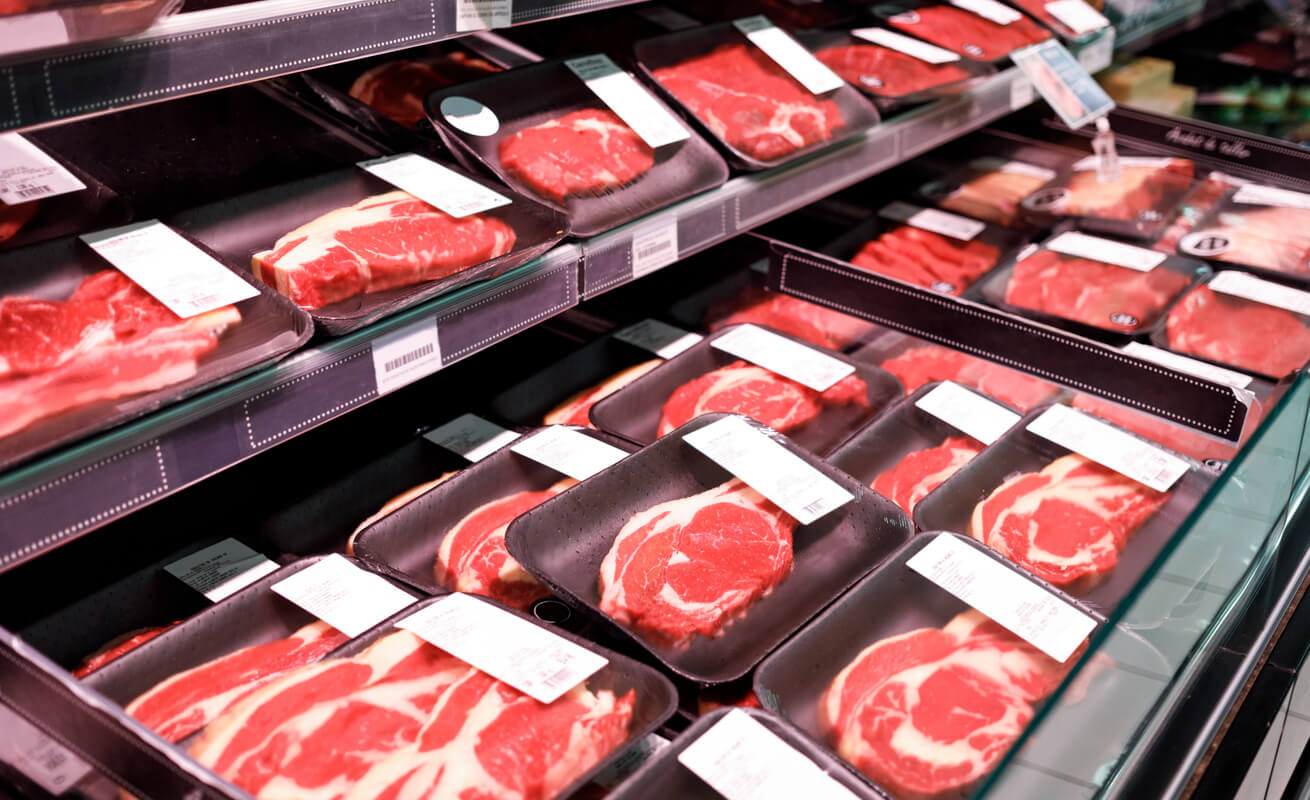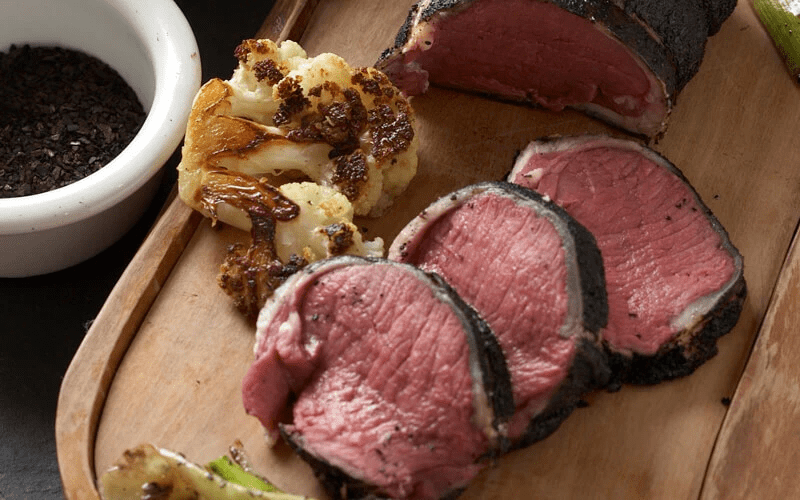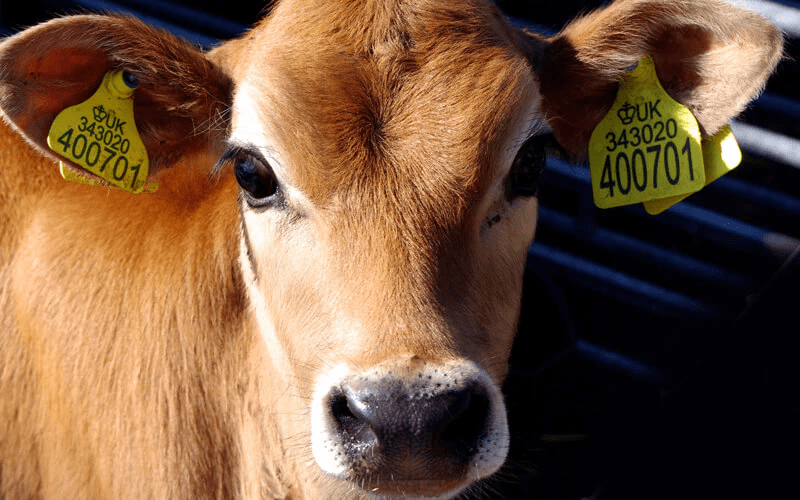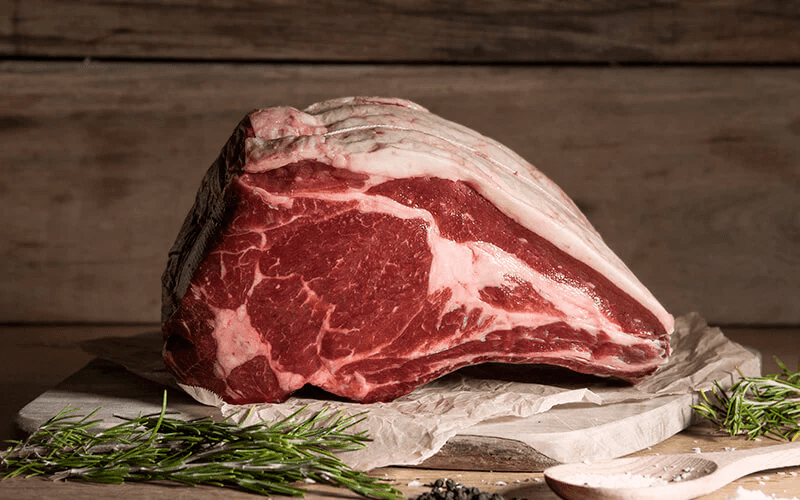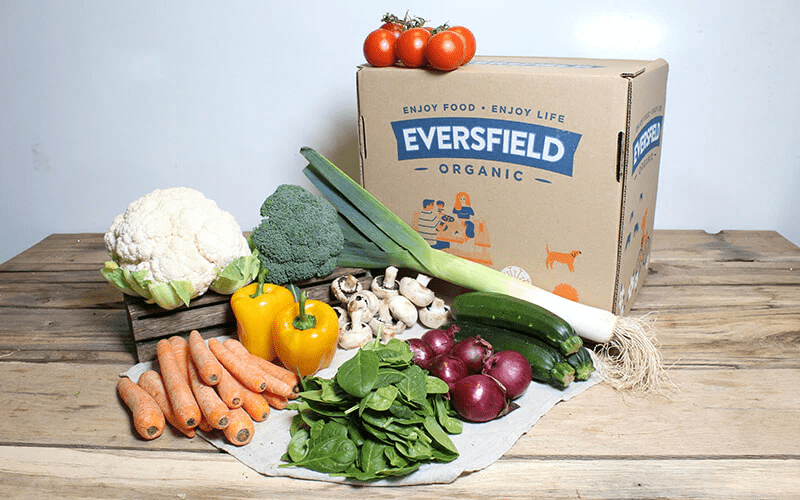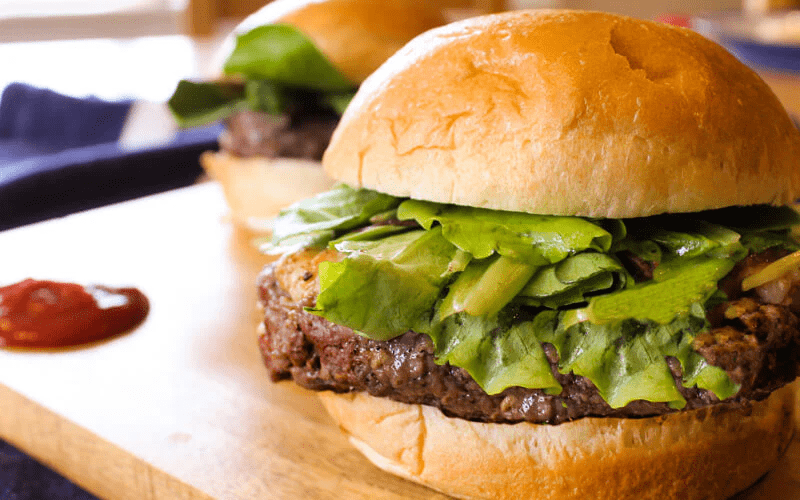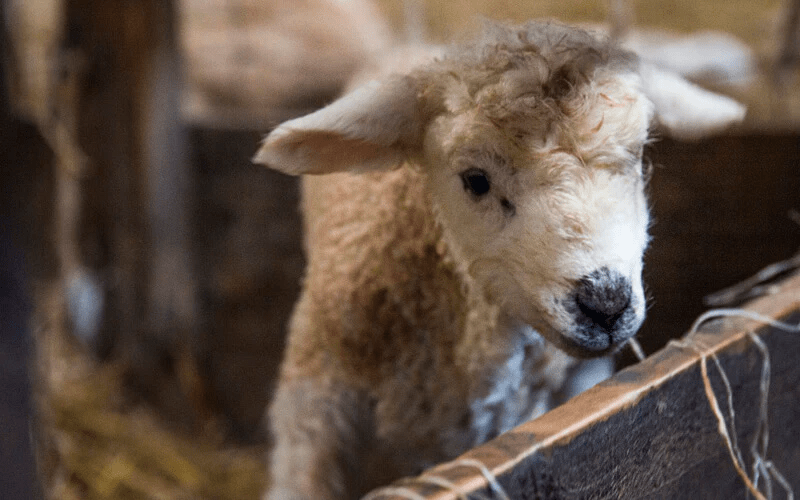Over the past decade, veganism has become one of the most talked-about movements in food. Supermarket shelves once filled rapidly with plant-based “meat” alternatives — from vegan pulled pork to faux bacon and plant-based burgers — as consumer demand surged. But recently, there’s been a noticeable shift.
Sales of vegan “meat” lines are falling, products are disappearing from shelves, and big-name brands are quietly scaling back. This moment marks not the end of veganism, but a turning point — one that opens up important questions about how food is made, what we eat, and what truly sustainable, ethical eating looks like.
At Eversfield Organic, we’ve been watching this change closely, because it reflects many of the values we’ve championed since the beginning — transparency, integrity, and respect for the natural world.
What’s Happening to Vegan “Meat” Lines?
The surge of vegan alternatives once seemed unstoppable. Brands like Beyond Meat, Moving Mountains, and Wicked Kitchen took centre stage, while restaurant chains launched vegan-only menus. But recently, that momentum has slowed.
In the UK, sales of chilled and frozen meat alternatives have dropped by around 20–25% over the past two years. Supermarkets are trimming their plant-based ranges, and long-established brands such as Linda McCartney Foods have scaled back their portfolios.
So what’s driving this decline? Several key factors are at play:
1. Ingredient Transparency and Health Concerns
Many of these products rely on highly processed ingredients such as soy isolates, pea protein, stabilisers, and artificial flavourings. As awareness grows around ultra-processed foods, more consumers are realising that not all “plant-based” options are as healthy or natural as they appear.
2. Cost and Affordability
With food prices rising, consumers are scaling back on premium-priced processed products — and vegan “meat” lines are often among the most expensive on the shelf.
3. Market Saturation
The rush to cash in on the vegan trend led to a flood of similar products with little distinction between them. As novelty faded, many consumers returned to simpler, whole-food options.
4. Environmental Reassessment
Originally marketed as climate-friendly, some vegan substitutes are now under scrutiny. Life-cycle analyses show that heavily processed, imported protein isolates and energy-intensive manufacturing can sometimes offset their environmental benefits — especially when compared to local, regenerative organic farming systems.
5. The “Dirty Vegan” Backlash
A new term — “dirty vegan” — has emerged to describe reliance on packaged and processed substitutes rather than fresh, whole, plant-based foods. Many consumers are now shifting towards real, minimally processed ingredients over imitation products.
In short, the vegan “meat” boom is cooling as shoppers become more discerning — prioritising nutrition, transparency, and sustainability over marketing buzzwords.
Shared Values: Where Organic Meat Fits In
This isn’t a rejection of veganism — it’s a reminder that real ethics and sustainability come from how food is produced, not just what it’s labelled.
Interestingly, the motivations behind choosing a plant-based diet often overlap with those driving support for organic farming. At Eversfield Organic, we see this as common ground rather than opposition.
Animal Welfare
Many people avoid meat out of concern for animal welfare. Our mission is to ensure that every animal raised on our farms lives a natural, pasture-based life, with the highest welfare standards from birth to slaughter — something that ultra-processed vegan products cannot replicate.
Environmental Stewardship
Organic farming builds soil health, encourages biodiversity, and avoids synthetic chemicals. Well-managed livestock systems actually enhance ecosystems, sequester carbon, and support balanced land use alongside plant-based agriculture.
Transparency and Integrity
We believe in complete honesty about what goes into our food. From the grass our animals eat to how they’re cared for and processed, every stage of our supply chain is open to scrutiny — no hidden ingredients or industrial shortcuts.
Real Food, Real Nutrition
Unlike engineered “meat analogues,” our organic meat and produce come from whole foods — nutrient-dense, minimally processed, and rich in natural flavour and nutrition.
When processed vegan alternatives decline, it doesn’t mean a retreat from ethical eating — it means a return to food that’s real, responsible, and rooted in the land.
Keeping Choice Alive — Supporting Local Food Systems
The rise and fall of vegan product lines is a reminder that food trends come and go — but the foundations of ethical farming endure.
Every time you shop with Eversfield Organic, you’re helping to:
-
Support local farmers and small-scale processors, keeping traditional skills and regional food systems alive.
-
Maintain diversity and resilience in the food network, avoiding monopolies and supply-chain fragility.
-
Uphold a food model based on integrity, traceability, and long-term sustainability — not fleeting trends.
Truly sustainable eating is about balance — embracing both plant and animal foods that are grown, raised, and prepared with respect. As ultra-processed vegan products fade, the future of food may look simpler — but far more genuine.
At Eversfield, that’s what we’ve always believed in: real food, raised right, with nothing to hide.

